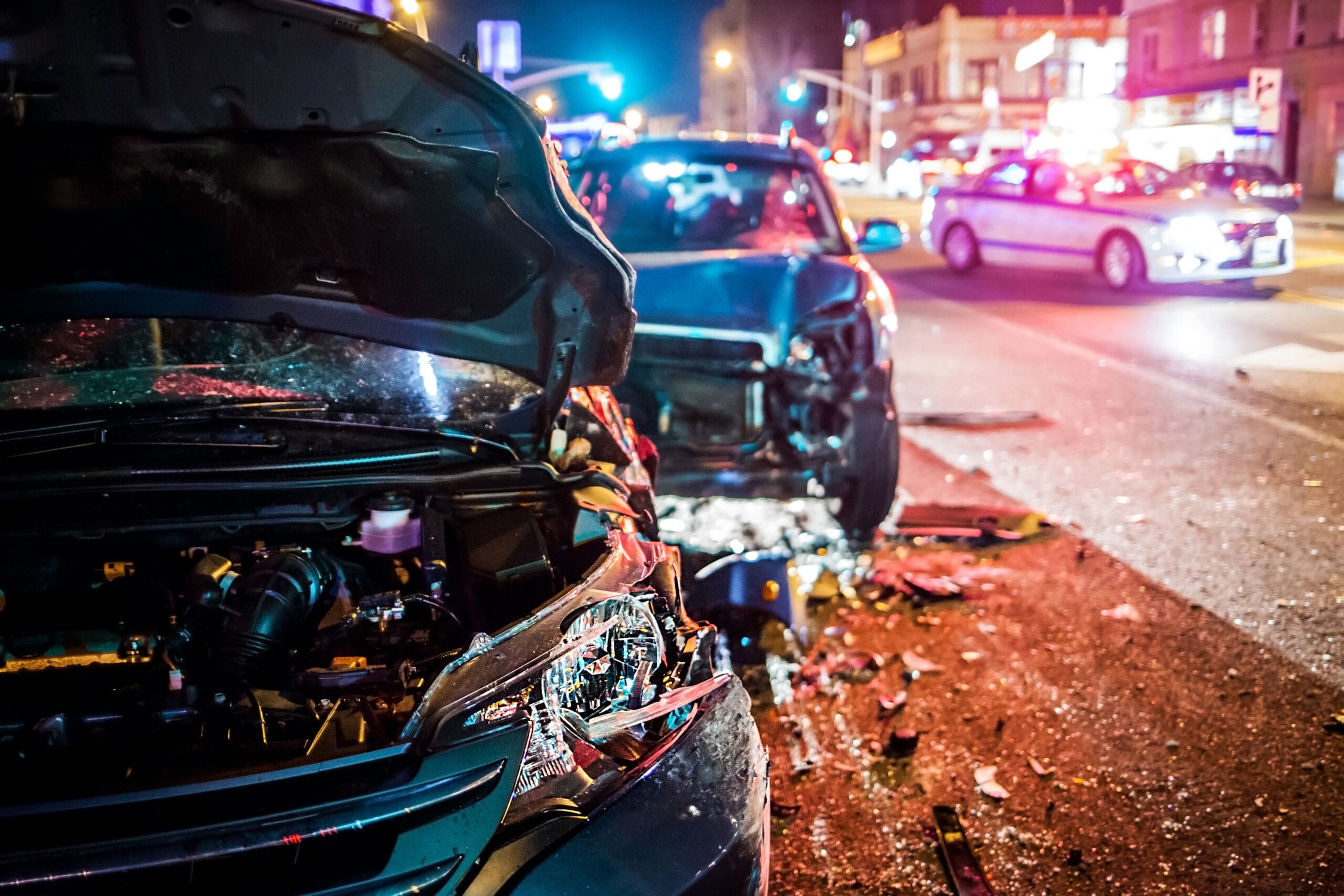When you are involved in a car accident in Gainesville or the surrounding areas of Georgia, you might be struck by an employee driving a company car or the personal vehicle for job-related tasks. A speeding or alcohol impaired employee performing tasks for an employer might be liable for injuries caused by his or her negligent driving. However, this option might offer little comfort if the employee has no assets or insurance coverage, or insufficient coverage or assets to fully compensate a victim.
The case of Dougherty Equipment Company, Inc. v. Roper provides an example of a Georgia court analyzing the liability of an employer for the negligent driving of an employee. In this case, Adam Garland, an employee of Dougherty Equipment Company, was driving a company vehicle to work when a collision occurred. Roper the plaintiff sued Dougherty under the legal theories of vicarious liability based on Respondeat Superior, negligent hiring and negligent entrustment. Dougherty moved for summary judgment based on the position that the employee was operating outside the scope of employment at the time of the collision and that the evidence was inadequate to support the other claims. The trial court granted summary judgment on the Respondeat Superior and negligent hiring claims while denying summary judgment on the negligent entrustment claim, and Dougherty appealed.
According to the facts of the case, Dougherty hired Garland in July 2006 while Garland’s driver’s license was suspended because of a prior DUI conviction. Garland also had a prior DUI conviction in the 1990s. Garland admitted that his employer was aware that Garland’s driver’s license was suspended because of a DUI conviction. Because of Garland’s driving record, he initially was not allowed to use his own car or to drive a company vehicle for job-related tasks.
Once Garland’s driving privileges were restored, Dougherty was assigned a company vehicle stocked with equipment and tools, so that he could drive to job sites to work on forklifts. Dougherty furnished Garland with the vehicle to facilitate service calls after hours and on weekends. Garland also was provided with a company credit card to pay for gas and maintenance of the company vehicle.
The morning of the crash Garland left his home while driving the company van on his way to the Dougherty office to obtain his daily work assignments. The crash occurred a few miles from Garland’s residence after he failed to properly yield for oncoming traffic at a stop sign.
In analyzing the case, the court applied the burden-shifting framework articulated by the Supreme Court of Georgia in Allen Kane’s Major Dodge, Inc. v. Barnes. Under this framework, a presumption arises that an employee is acting within the course and scope of employment when involved in a car accident which places the burden on the employer to prove otherwise. The employer can overcome the presumption by establishing that the employee was not acting in the course and scope of employment.
The court applied this framework by indicating a presumption that Garland was acting within the course and scope of employment because the employee was driving the company’s van. However, the court also found that the evidence clearly established that Garland had not started work at the time of the collision. Rather, Garland was on the way to the office for a meeting prior to heading out to job sites. The court held that this evidence served to rebut the presumption that Garland was acting within the course and scope of employment when the car accident occurred. The court observed that the general rule is that an employee is deemed to act only for his own purposes while commuting to work unless he undertakes a special mission at the employer’s direction. The court rejected the contention that Garland’s “on call” status was sufficient to find that he was acting within the course and scope of employment.
While the court upheld summary judgment on the Respondeat Superior claim, the court reversed the trial court on the negligent entrustment claim. Although the court did not necessarily decide that the employer was liable, the court found that knowledge of Garland’s DUI convictions and a past driving violation for failure to maintain a lane was sufficient to raise a question for the jury.
As you consider the above case summaries, please keep in mind that every case is different, that they are just very short summaries, and that the unique facts of your particular situation need to be analzyed by an experienced attorney in light of the statutes and caselaw and how they may apply to your unique circumstances.
Put Our Law Firm’s Over 39 Years of Experience to Work For Your Case
If you are injured by someone driving a company vehicle, this case demonstrates the complexity of suing a company for the negligent driving of its employees. Our accident attorneys at Montlick and Associates have been representing those who suffer serious injuries throughout all of Georgia and in the Southeast for over thirty years, including but not limited to Albany, Athens, Atlanta, Augusta, Columbus, Gainesville, Macon, Marietta, Rome, Roswell, Savannah, Smyrna, Valdosta, Warner Robins and all smaller cities and rural areas in the state. No matter where you are located our attorneys are just a phone call away, and we will even come to you. Call us 24 hours a day/7 days a week for your Free Consultation at 1-800-LAW-NEED (1-800-529-6333). You can also visit us online at www.montlick.com and use our Free Case Evaluation Form or 24-hour Live Online Chat.


